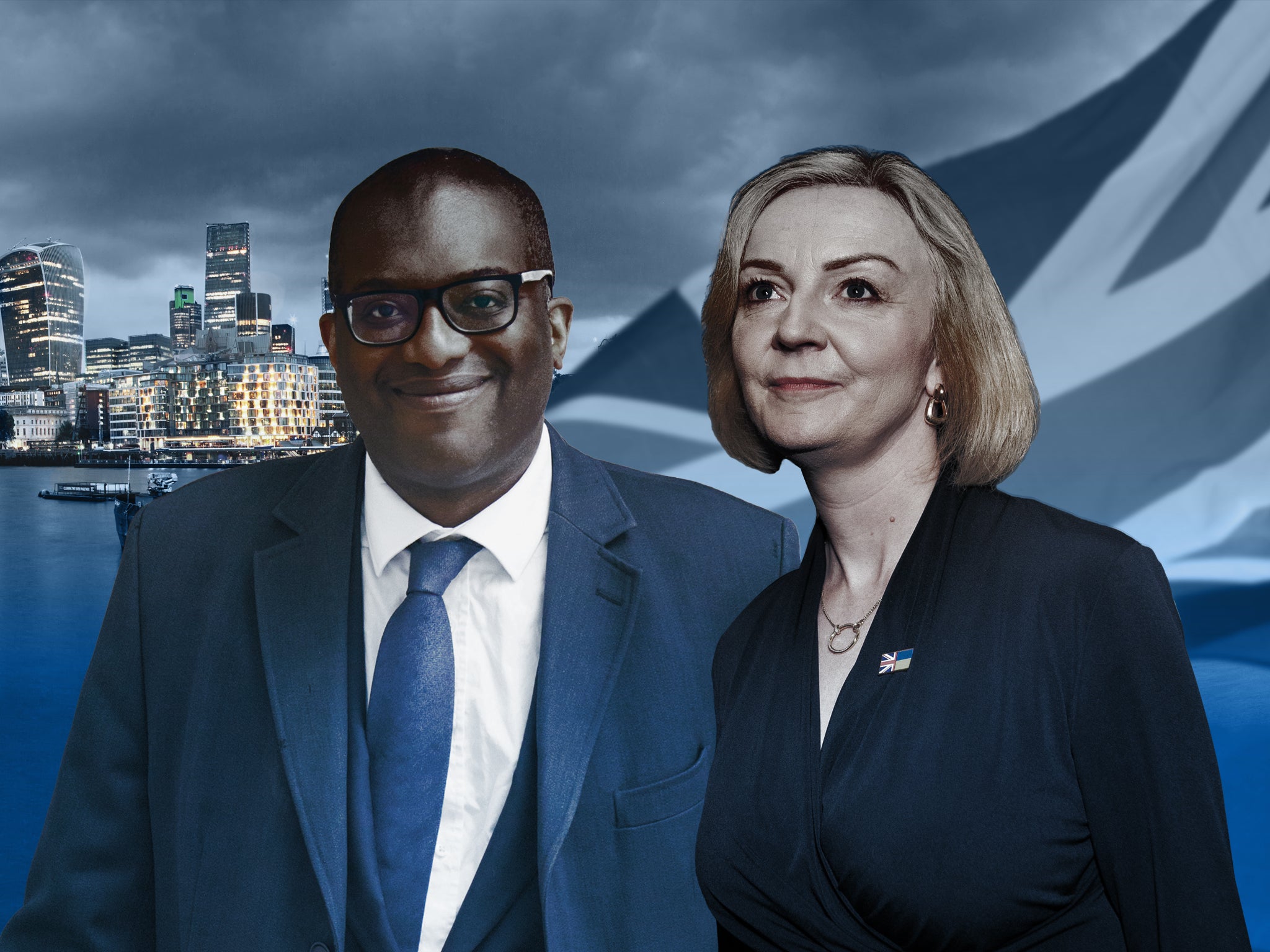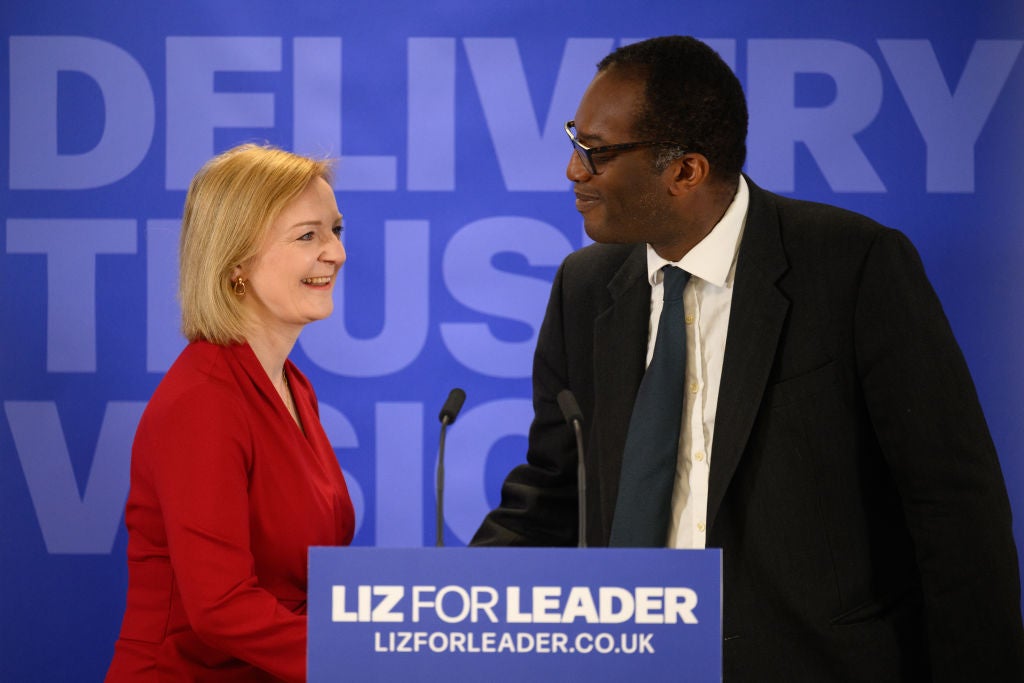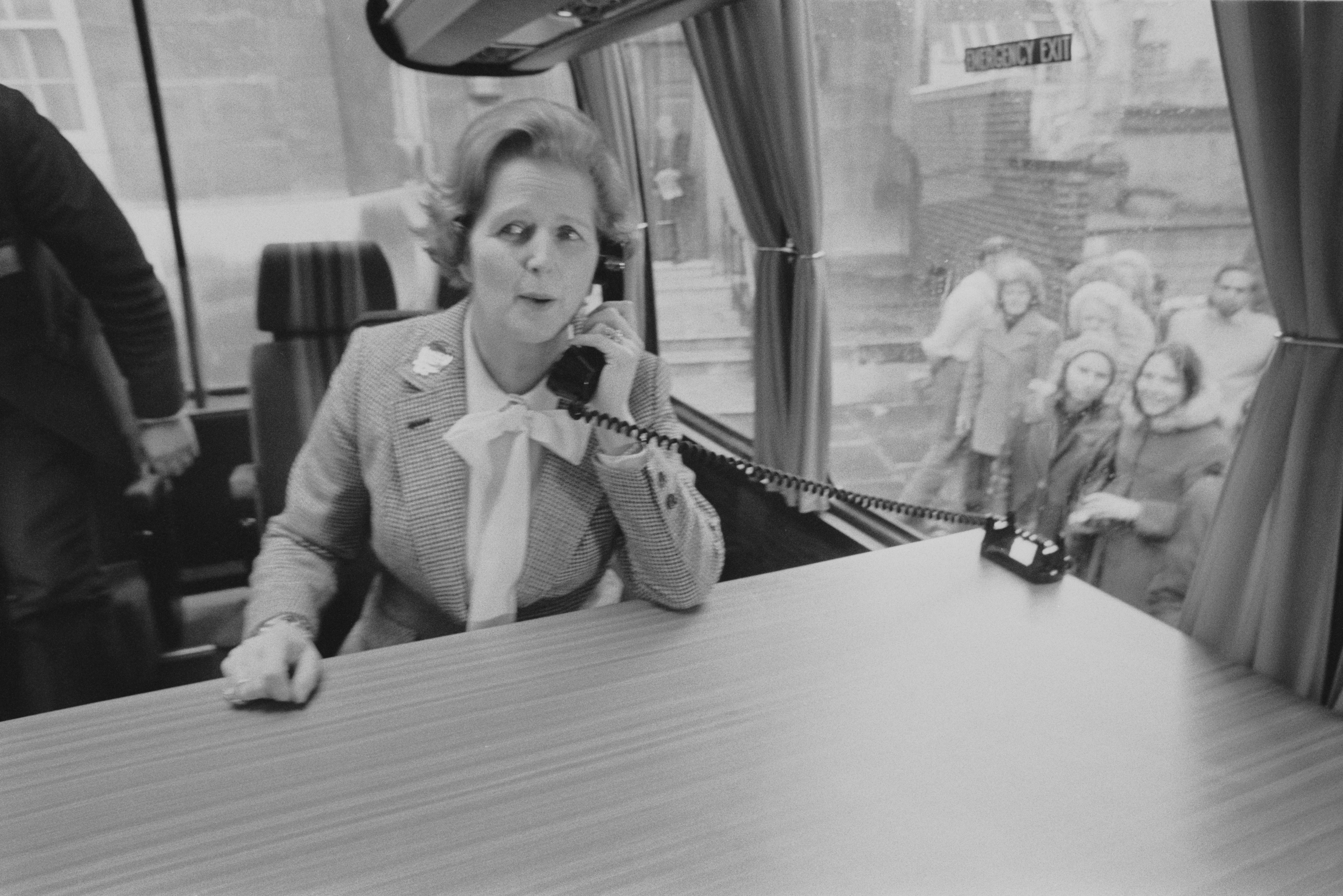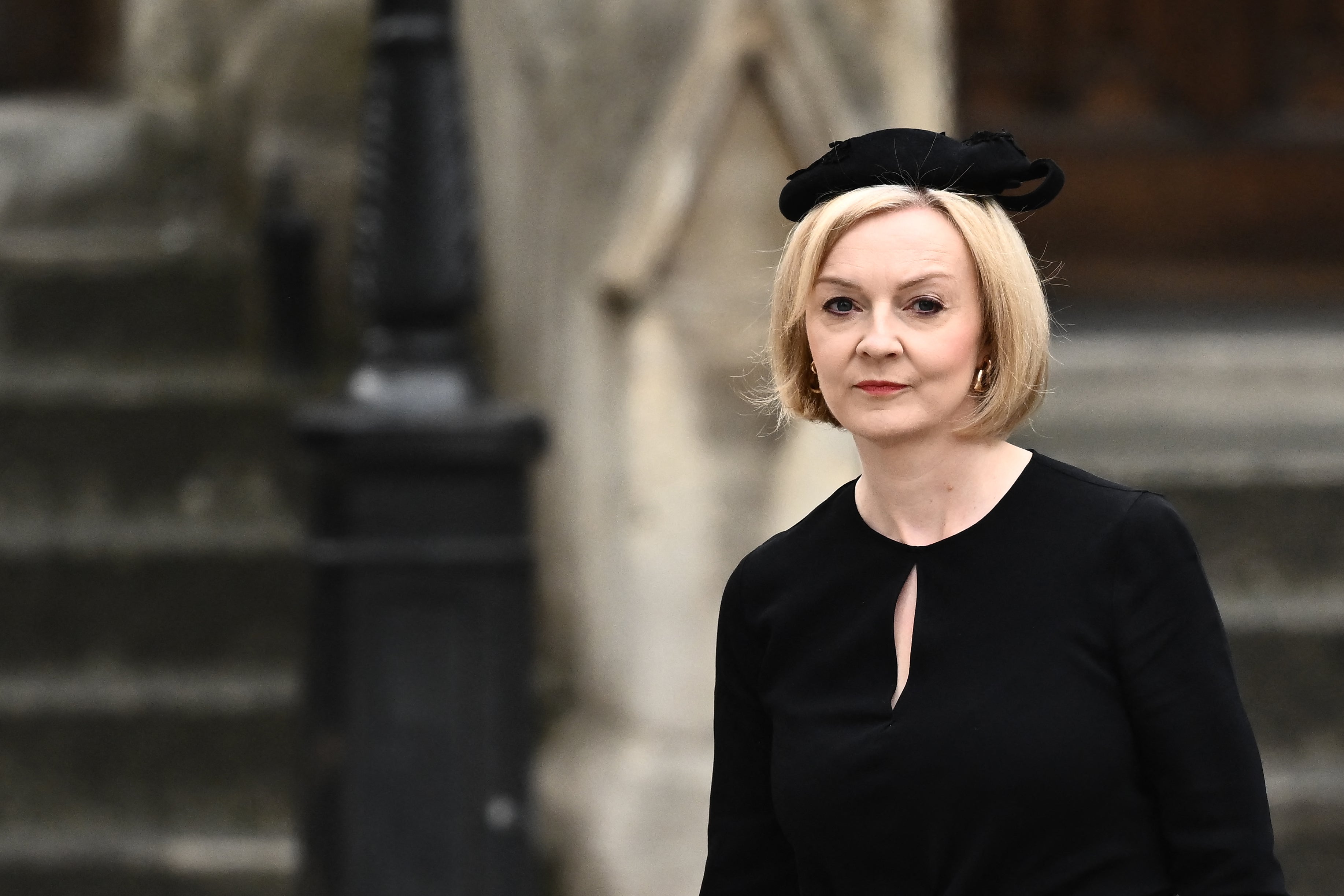If Truss’s ‘mini-Budget’ doesn’t create growth, her whole project could be doomed
This ‘fiscal event’ will not only define Truss’s government in the voters’ eyes following the hiatus after the Queen’s death but will probably decide its fate too, writes Andrew Grice


Boris Johnson was often described as “the gambler”. It was even the title of a biography about him. Yet Liz Truss is about to embark on a much bigger economic and political gamble than her predecessor ever contemplated.
On Friday, her chancellor Kwasi Kwarteng is expected to rip up the economic playbook that has guided the Conservatives since they took power in 2010. He will worry less about balancing the nation’s books and announce a huge increase in borrowing, as his mini-Budget gives top priority to securing the growth that has eluded the UK since the 2008 financial crisis.
A mixture of tax cuts and economic reforms will aim to secure growth of 2.5 per cent a year, the Treasury’s new overriding priority. Raising it from the current 1 to 1.5 per cent will be far from easy, requiring a big increase in business investment. And the drive for growth won’t be helped by the elephant in the Tory room: Brexit has brought a 4 per cent hit to gross domestic product and the Truss government is in no mood to reduce trade barriers with the EU.
Kwarteng’s mini-Budget – a misnomer, since it will really be a maxi one – will not only define Truss’s government in the voters’ eyes following the hiatus after the Queen’s death but will probably decide its fate too. To say there is a lot riding on the statement is an understatement.
The borrowing hike will allow the government to cap a typical domestic energy bill at £2,500 a year for two years at an estimated cost of up to £150bn, with further help for business. In normal times, this one-off splurge would be risky enough. But Kwarteng will add a further £30bn of permanent tax cuts promised by Truss – reversing the April rise in national insurance contributions, possibly as soon as November, at a cost of £13bn, and scrapping Rishi Sunak’s plans to raise corporation tax on business from 19 per cent to 25 per cent next April (costing the government £17bn). There is speculation Kwarteng might also speed up the 1p cut in the 20p basic rate of income tax, due in 2024.
While the energy package was unavoidable, the tax cuts have prompted criticism that Truss is taking unnecessary risks with inflation and the public finances. The biggest immediate threat to her strategy is not from Tory MPs or the public but from the financial markets. The chancellor might need to abandon or at least fudge the government’s fiscal rules, which say public sector debt should fall as a percentage of GDP and day-to-day spending is met from taxation rather than borrowing.

Although Kwarteng will commit to fiscal stability in the medium term, the City remains to be convinced; its reaction to Friday’s statement will be crucial. “There are some jitters around; reassuring signals will be needed,” one government insider admits to me. A City source goes further: “There is real concern about the fiscal framework. It is a massive intervention on energy bills, bigger than what France and Italy are doing. There could be a sell-off of gilts [government-issued bonds used to finance public spending] if the government is not careful.”
The government needs to convince the markets it can deliver macroeconomic stability because it needs to borrow the money it needs in the same markets. Last week the pound fell to its lowest level against the dollar for 37 years and continuing doubts after Kwarteng’s statement could extend the slide, forcing the Bank of England to raise interest rates by even more than already necessary to combat inflation. Another significant rise, from the current 1.75 per cent, is expected on Thursday.
Truss’s most significant recent statement was that it is ‘fair’ that the rich reaped more benefit from tax cuts than the poor
Even some economists who support Truss’s approach admit to doubts. Roger Bootle, the chair of Capital Economics, said recently: “I must confess to feeling a bit uneasy… The first [threat] is that the financial markets will lose confidence. If this happens, then gilt yields could rise considerably, thereby increasing the government’s cost of finance, and the pound could come under substantial downward pressure, pushing inflation up and possibly prodding the [Bank of England’s] monetary policy committee into sharp increases in interest rates.”
For some Tories, there are uncomfortable echoes of the “dash for growth” by Anthony Barber, the Tory chancellor who in 1972 spent big and cut taxes but saw inflation rise to 24 per cent and was forced into a U-turn.
Kwarteng’s allies insisted the chancellor will provide the “anchor” the markets are looking for through his commitment to act in a “fiscally responsible way” and reduce the debt-to-GDP ratio “over time.” Ministers insist privately there are some reasons to be a little more cheerful than the economic gloom suggests. The wholesale price of gas has dropped which, if maintained, could dramatically reduce the cost of the government’s cap on energy bills. The intervention itself will help to cut inflation, which might now peak at 11 per cent – rather than the 15 per cent predicted by some. If there is a recession – and Truss insisted during the Tory contest that one is not inevitable – then ministers hope it would be shorter and shallower than many forecast.
Kwarteng’s supply-side reforms will create low tax “investment zones,” a souped-up version of freeports that, sceptics suggest, merely move investment from one area to another, and do not necessarily result in an overall boost.
Some Tory MPs fear the mini-Budget will not do enough for those on low and middle incomes. Truss’s most significant recent statement was that it is “fair” that the rich reaped more benefit from tax cuts than the poor. She told the BBC that “to look at everything through the lens of redistribution I believe is wrong because what I’m about is about growing the economy and growing the economy benefits everybody.”

Truss is sticking to the path laid by Margaret Thatcher, who argued in 1979 that the best way to help the poor is to make everyone richer – the “trickle down” theory of economics which says that “a rising tide lifts all boats” but which was disowned in February by Michael Gove.
Truss and Kwarteng want to grow the economic pie rather than obsess about how it is shared out. Thatcher argued in 1979 that the UK could not improve its position “by each fighting for a bigger share of the existing cake. The cake is too small; the fight too damaging; and the result, impoverishment, cynicism and conflict.” Yet critics argue that boosting growth may merely entrench existing inequalities.
Truss’s approach is a gamble for a party which captured many seats in the north and Midlands in 2019, where some voters might judge it “unfair” that rich households will receive twice as much support as the poorest next year, according to the Resolution Foundation think tank. The Institute for Fiscal Studies calculates that the poorest three million households will be 63p a month better off after the national insurance cuts, while the rich benefit by £150.
As Sunak rightly pointed out, Thatcher reduced debt before cutting taxes. Free market think tanks – Truss’s natural habitat and who provided some of her key Downing Street aides – are uneasy about the blank cheque she is writing. The Institute for Economic Affairs warned that the universalism of the energy price cap is “middle-class welfare on steroids,” calling for a more targeted approach through higher state benefits.

Truss has made a remarkable U-turn from her opposition to “handouts” during the Tory election to the biggest state intervention since the Second World War. Ten years ago, the PM and her chancellor complained about the “bloated state” in a pamphlet with fellow free marketeers, “Britannia Unchained.” (None of the authors admits ownership of the part describing British workers as “among the worst idlers in the world”). There has long been a debate on the right about how to reduce public spending to 35 per cent of GDP; it is currently at 43 per cent and, with another round of spending cuts off limits as a general election looms, even under this “small state” PM, it is not going to fall soon.
In a role reversal, the Labour opposition, which promises to fund day-to-day spending through taxation rather than borrowing, is now committed to tighter fiscal rules than a right-wing Tory government. As the dividing lines for the next election start to emerge, Keir Starmer is happy to be on the right side of public opinion over Kwarteng’s plan to lift the cap on bankers’ bonuses; although there is a pro-City case for it, it is an odd first piece of post-Brexit deregulation for the new government. Ditto the chancellor’s refusal to fund the energy package with a higher windfall tax on oil and gas producers, which Truss judges “anti-investment” but would reduce the burden on taxpayers. Similarly, Labour will portray the U-turn on corporation tax as a tax cut for big business, while drawing up its own “fair tax” strategy.
During the leadership election, it suited Truss to promise an “emergency Budget.” She has rather cynically downgraded Friday’s package to a “fiscal event” to prevent the Office for Budget Responsibility (OBR) from raining on Kwarteng’s parade by issuing its analysis of the statement on the same day. This lack of scrutiny and transparency is worrying, but the government will not escape it for long.
The fiscal watchdog will give its verdict on whether the plans add up on the day of the full Budget, expected in November. Treasury insiders admit the £30bn of fiscal headroom forecast by the OBR in March, on which Truss’s tax cuts were based, has largely disappeared. One told me: “There is a lot less headroom now. There is a lot of uncertainty. We are on a pretty sticky wicket.”
If the Truss experiment works, the doubts about her huge gamble will melt away. If it doesn’t, and the holy grail of higher growth remains elusive, then her entire project will be in deep trouble.




Join our commenting forum
Join thought-provoking conversations, follow other Independent readers and see their replies
Comments